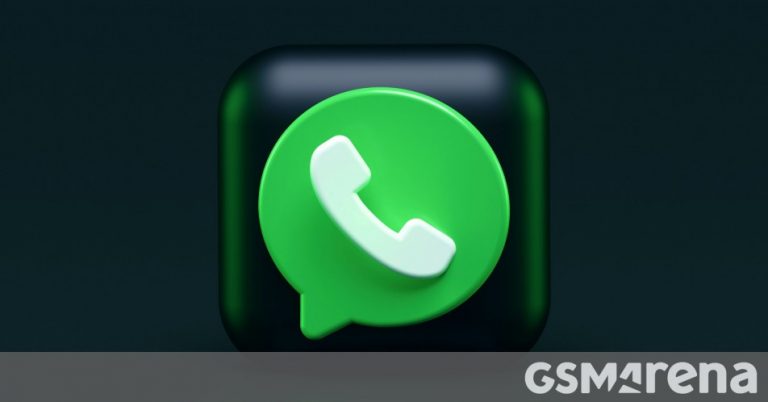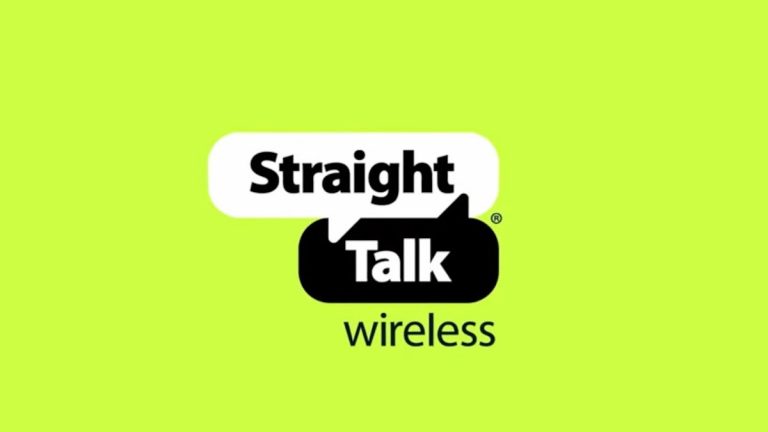T-Mobile’s new app requested data from a customer’s phone every five seconds

Suspicious-looking data requests spotted in the T-Life app by T-Mobile subscriber

T-Mobile requests personal data from T-Life user and customer every five seconds. | Image credit-Reddit subscriber RandomNameNotFound
In addition to possibly being used to obtain information from its customers, the T-Mobile subscriber also points out that the constant requests for information in the background could be a drain on a phone’s battery. Now we should point out that the reason that the info requests are being sent out every five seconds is probably because the customer opted out of a request to share his data and as a result, the app continually asks for the information to be sent.
There could be a logical explanation that has nothing to do with stealing a subscriber’s personal data
One other T-Mobile subscriber says that, “If you agreed to the new terms after the most recent update, congratulations you are now being location tracked for the purposes of selling your information to advertisers.” That is a possibility. However, another T-Mobile subscriber had a more benign reason why the T-Life app might be making these info requests. “The T-Mobile Tuesday app used to send back information about your cellular connection for diagnostic control, [trouble] shooting purposes… Looks like this is likely doing the same thing.”
- Location information
- Device signal strength
- System crashes
- Dropped calls records
- Battery performance
- Application and network usage data
T-Mobile says that it cannot collect personal info such as:
- No content of text messages
- No content of email or voice messages
- No content from customers’ Internet activity
- No content of online searches
- Identifying apps that are using too much memory or processing power, which could drain your battery.
- Recognizing when your device has been using a weak network signal.
- Returning your device to peak performance.
If you want to allow or block T-Mobile from collecting metrics from your phone, go to the T-Mobile app from your Android device. On Apple devices, the T-Mobile app is not used for diagnostics.
Select More > App settings > Diagnostics.
Select the Agree box to check or uncheck, then select Next.
Choose Accept or Decline for Issue Assist.
Choose Accept or Decline for Personalized offers.
While we can understand that seeing T-Mobile request your personal data be sent to the carrier every five seconds can be unsettling, there seems to be a legitimate explanation. As we pointed out, opting out of the request to share data leads to requests from T-Mobile to resend the data every five seconds. And the information being shared could simply be used for diagnostic purposes.
We have asked T-Mobile to clarify this for us and as soon as we get a response, we will add it to this article.
Source: www.phonearena.com






